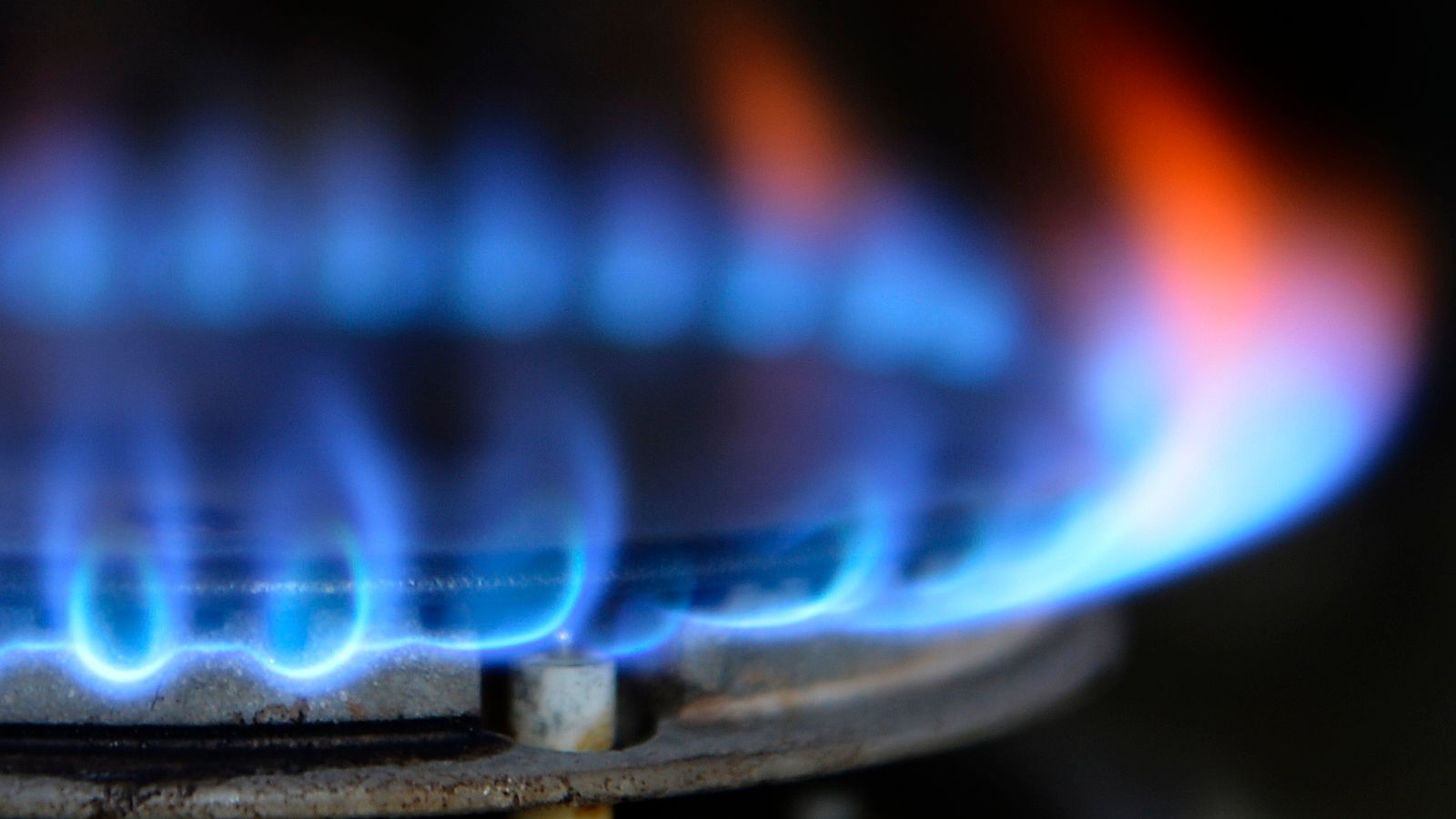Wholesale gas costs reached new uncharted territory on Wednesday as financial markets fret over the impact of inflation on the global recovery from the coronavirus crisis.
The gas contract for next-day delivery in the UK breached £3/therm for the first time on Wednesday morning and was as high as £3.20 at one stage.
Market experts said it represented a rise of almost 15% on the day as the surge in energy prices this year shows no signs of abating.
Please use Chrome browser for a more accessible video player
A toxic cocktail of headwinds for costs are already being reflected in many business and household bills – with warnings of far worse to come.
Energy prices, which went up by 12% for many households this month when the price cap on default tariffs was adjusted to reflect higher wholesale prices, could rise even more sharply when the next review takes effect.
One economist warned on Tuesday that the current average bill under the cap could pass £1,700 – a rise of 33% – from April if it was to fully reflect the surging costs of raw energy.
There is no sign of respite because the gas contracts for delivery over the winter months have exceeded £4/therm.
Tesco hails supply chain ‘resilience’ as half-year profits double
Pod Point sparks London float with recruitment of former Aston Martin chief Palmer
French fishermen threaten to block exports to UK in run-up to Christmas as tensions rise over fishing rights
Factors behind the unprecedented prices include low gas stocks, lower supply from Russia, colder temperatures, lower wind output and strong competition from Asia for liquefied natural gas.
Oil prices are also at three-year highs.
Northern hemisphere economies are bearing the brunt of the price hikes as they head towards the coldest months of the year.
Fears of surging inflation – also a consequence of costs rising because of worker shortages and supply chain difficulties – gripped European stock markets on Wednesday.
The FTSE 100 in London was trading more than 1.5% lower while the German DAX, CAC in Paris and Italy’s MIB were all down by 2%.
Neil Wilson, chief markets analyst at Markets.com, said the rising gas price levels globally were harming risk appetite and fuelling worries that economies would stagnate at a time of soaring costs.
“Inflation/stagflation, supply chain problems, the US debt ceiling, an energy crisis as natural gas prices soar to new records in Europe and the UK, tighter monetary policy from central banks, worries about the Chinese property sector – all swirling around equity markets this week and not going away any time soon.”
The chancellor Rishi Sunak and Bank of England believe the energy-driven inflation surge will be “transitory” – that it will eventually wind down of its own accord as the market adjusts to supply and demand constraints.






















